139. What If You Could Win a Race and Change World Law? | The Chase Runner series with Bradley Caffee
Podcast: Play in new window | Download (Duration: 44:26 — 42.0MB) | Embed
Before our new season of Christmas Magic, let’s finish off our Dystopian Doom series with a whole other wicked government for you to rise up against. In a world ruled by twelve alliances, one young man has a chance to compete in The Chase for a chance to pass exactly one law. But how can a newly freed people live under grace? Bradley Caffee, author of The Chase Runner series, dashes into the studio and leads the resistance.
Subscribe to Lorehaven
articles • news • library • reviews • podcast • gifts • guild
Episode sponsors
- Enclave Publishing: Aberration by Cathy McCrumb
- Mountain Brook Fire, Wraithwood by Alyssa Roat
- David Umstattd, The Pilgrim’s Progress Reloaded
Explore the complete Podcast Sponsors page.
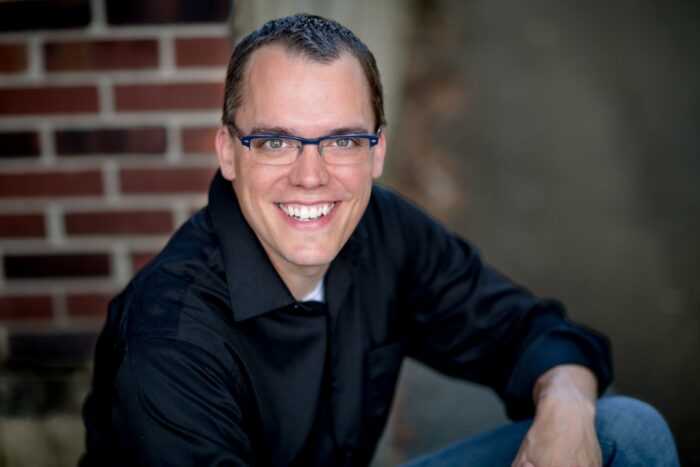 Introducing author Bradley Caffee
Introducing author Bradley Caffee
Bradley Caffee created the Chase Runner series (The Chase, The Choice, and The Change). He trained for vocational ministry through the Moody Bible Institute and Dallas Theological Seminary before spending 12 years in the pastorate. In the pulpit he learned his love of story-telling. In April 2013, he began the work of transforming an idea into his first novel, The Chase. He now lives in North Carolina with his wife and children.
Lorehaven reviews The Chase (and The Change and The Choice):
Readers who catch a second wind will find a gripping adventure and reason to anticipate the next match.
1. What ideas and images formed your story-world?
2. How do Christians see dystopian stories differently?
3. What’s next for your fantastical creative journey?
Meanwhile at Lorehaven
- Our guild is finishing On the Edge of the Dark Sea of Darkness.
- Next up: Sharon Hinck’s newest fantasy Dream of Kings.
- Subscribe free to Lorehaven and get your Guild invitation.
- New article: Even If We Like Fantasy and Sci-Fi, We Can Still Practice Accidental Legalism
- We’re already planning our content for 2023; please pray for us!
Next on Fantastical Truth
It’s the holiday season! And “whoop-de-do, and hickory-dock. Don’t forget to hang up your sock.” This is just the best Christmas song ever, and you can fight Stephen on that—except he’ll throw the match because he was being sarcastic. Without a doubt this is the worst-written Christmas song he’s ever heard of. But you have heard of it. And many others. When should you start listening to Christmas music? What are the best songs? Should we Christians fight, even politely, over “secular” versus “sacred” Christmas songs? Hum along with us while we begin a new podcast season: Christmas Magic.

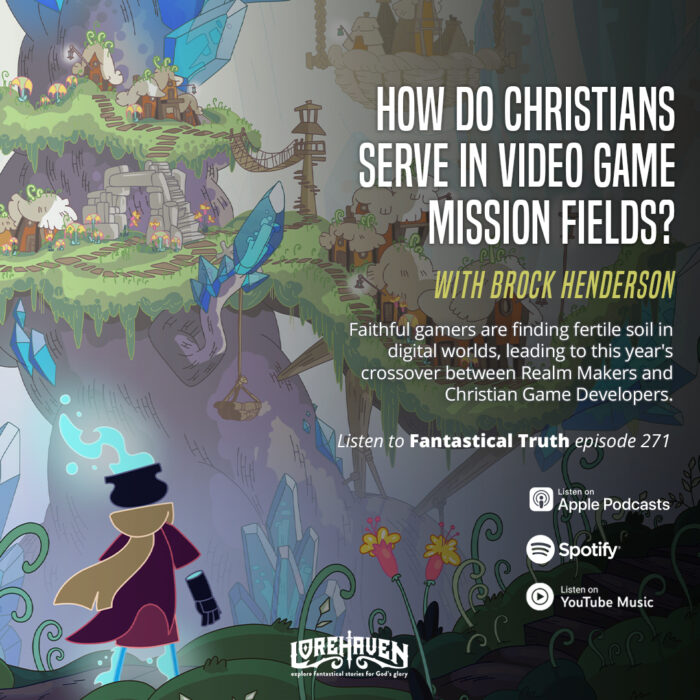
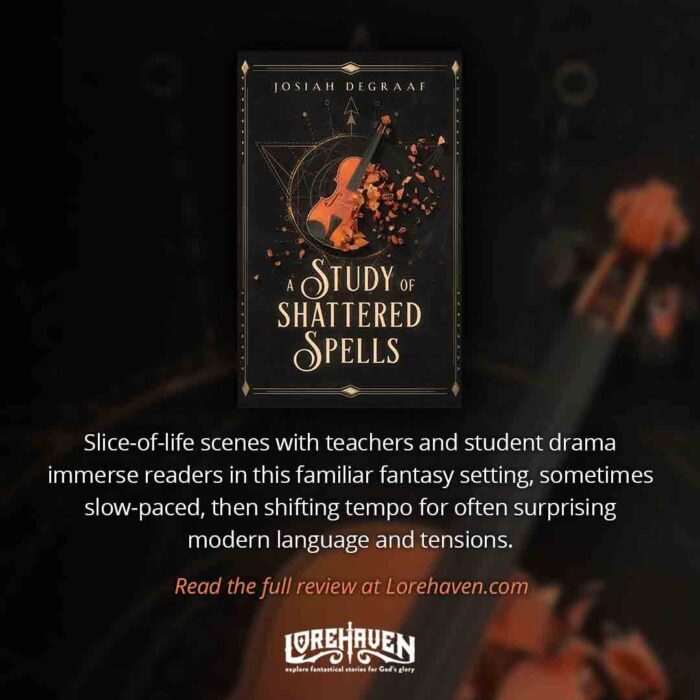





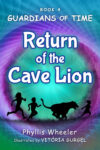




















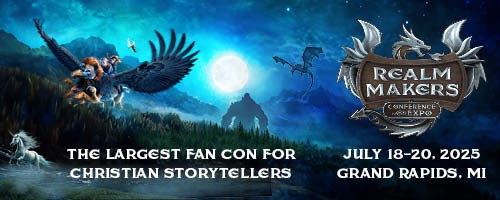
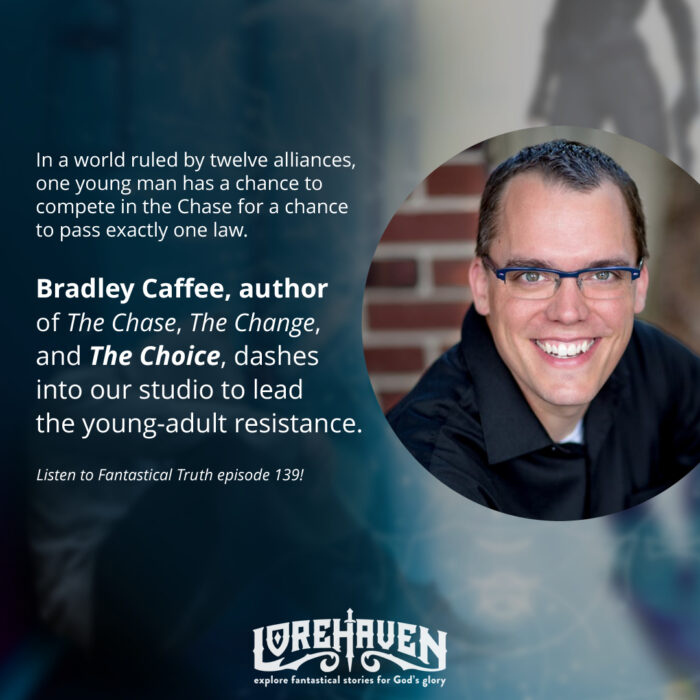



When it comes to the times we should listen to Christmas carols…the politically correct answer is probably the day after Thanksgiving and until the end of December. The REAL answer is probably something along the lines of ‘What is this, a dystopia? Why would we arbitrarily say that people can only listen to perfectly good songs for barely more than a certain month of the year?! Listen to Christmas carols whenever you want!’
Jokes aside, I usually listen to carols after Thanksgiving and until the end of December, though now and then I might stretch that to the end of January, which is about how long I like to leave Christmas decorations up on the interior of my home. It’s about creating that ambiance for that time of year, and then moving on to enjoy the ambiance of other holidays and seasons as they come.
There’s nothing wrong with someone wanting to listen to carols in the middle of the year, though. Songs like Trans Siberian Orchesta’s version of Carol of The Bells is epic enough to play whenever the whim strikes. Same with some of Lindsey Stirling’s Christmas music. Also, some Christmas carols don’t necessarily seem exclusive to Christmas when paying close attention to the lyrics. Maybe they didn’t initially start out as Christmas songs, and either way, they sort of talk about things we should celebrate and care about during the whole year anyway.